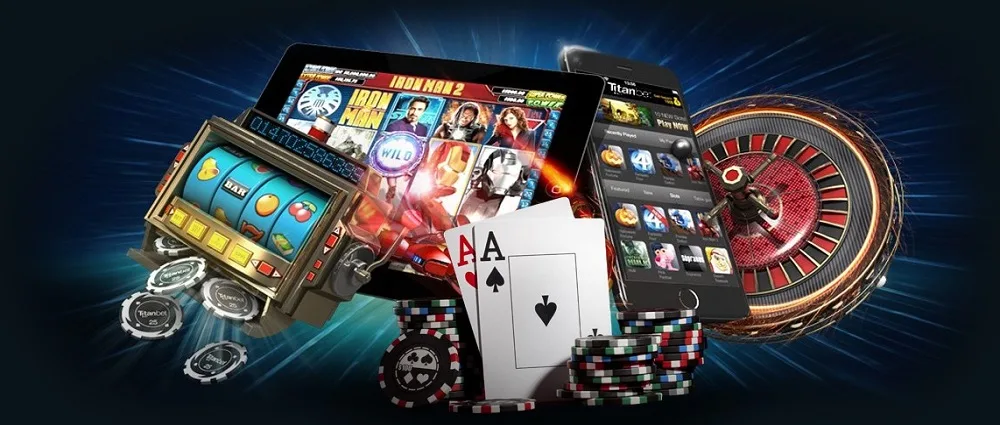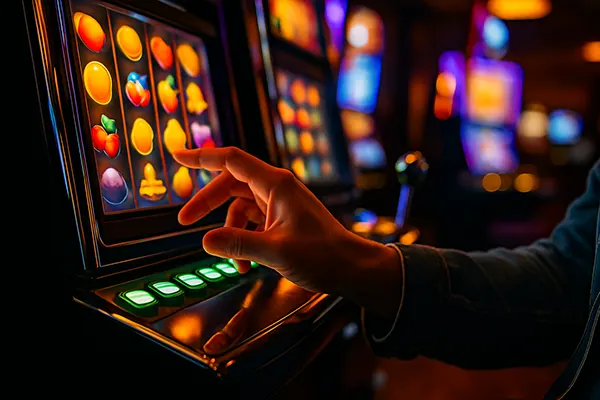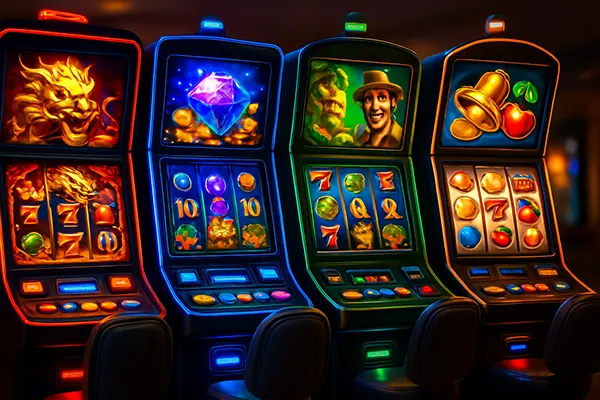
Common Superstitions and Signs about Gambling
Gambling, a realm filled with chance and uncertainty, has given birth to a fascinating array of superstitions and signs. These beliefs, varying widely across cultures and individuals, serve as a testament to the human desire to find order in chaos and to sway luck in one’s favor.
Gamblers worldwide adhere to a diverse mix of superstitions, hoping to tip the scales of fortune their way. Here are some of the most common superstitions that Pip casino players described after the survey:
- Lucky Charms and Amulets: Many players carry objects they consider lucky, such as rabbit’s feet, four-leaf clovers, or even specific coins. These items are believed to attract good luck and ward off bad fortune.
- Choosing Lucky Numbers: The belief in lucky numbers, especially in games like roulette, is prevalent. Numbers like 7 or 3 are often considered lucky, while 13 is avoided due to its widespread association with bad luck.
- Wearing Red Clothing: Particularly in Asian gambling culture, wearing red is believed to bring good luck. This color, symbolizing joy and good fortune, is often seen in casinos, especially during important events or personal milestones.
- Crossing Fingers or Legs: Some players cross their fingers or even their legs while making a bet or waiting for a game’s outcome, hoping it will bring good luck. However, in some cultures, crossing your legs while gambling is considered bad luck, as it’s thought to ‘cross out’ any good fortune.
- Avoiding the Main Casino Entrance: A superstition that originated from the MGM Grand Casino’s entrance design, which was through a lion’s mouth—a symbol of bad luck for many players. Although the entrance has since been redesigned, some gamblers still avoid entering the casino through the main entrance, believing it will bring bad luck.

Why Do People Believe in Gambling Superstitions?
The belief in superstitions among gamblers can be attributed to several psychological factors:
- Illusion of Control: Gambling is a game of chance with uncertain outcomes. Superstitions give players the illusion of having control over the randomness of these outcomes.
- Confirmation Bias: When a player wins while adhering to a specific superstition, it reinforces their belief in that superstition, overlooking the times when it did not work.
- The Human Need for Ritual: Engaging in rituals or following certain superstitions can provide comfort, reduce anxiety, and prepare the mind for the task at hand, especially in high-stakes or stressful situations.
Superstitions in gambling highlight the fascinating ways in which humans seek to navigate and find meaning in the unpredictable world of chance. Whether these beliefs actually influence the outcome of a game at Pip casino or not, they provide insight into the human psyche and the universal desire to influence luck and fortune. In the end, the faith players place in these superstitions and signs gives them not only a sense of control but also an enhanced experience in the thrilling, uncertain world of gambling.
Similar articles
-
 Live Casino: How Playing with a ...
Live Casino: How Playing with a ...Live casino gaming has transformed the online gambling experience by introducing real-time interaction, …
-
 Is There a “Golden Hour” for Slo...
Is There a “Golden Hour” for Slo...Slot machines have long attracted players with their simplicity and promise of instant …
-
 How YouTube, Twitch, and TikTok ...
How YouTube, Twitch, and TikTok ...The face of gambling is undergoing a significant transformation, and at the centre …
-
 Top 10 Most Popular Slot Machine...
Top 10 Most Popular Slot Machine...The year 2025 has brought a new wave of excitement to the online …
